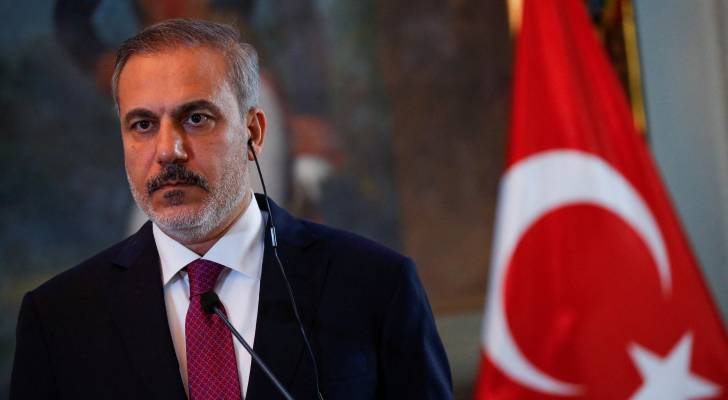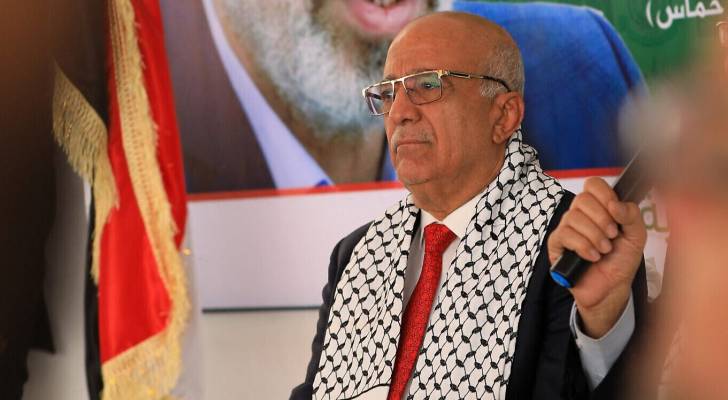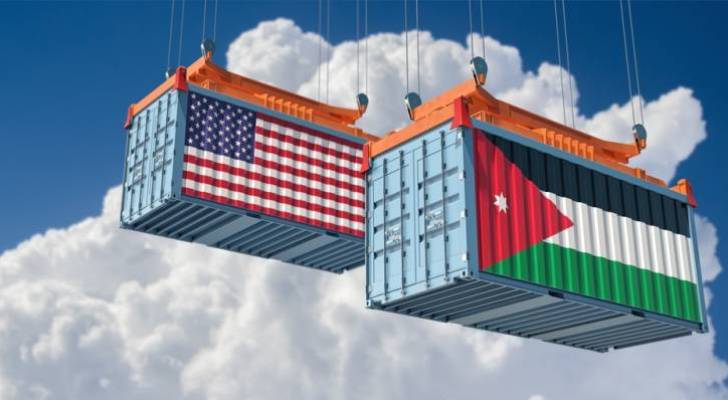“Recognition’’ of a Palestinian State… where to ? - By Najla M. Shahwan, The Jordan Times
In the past months the “Map of Palestinian Recognition’’ have been changing dramatically and new countries have said they are ready to bestow recognition on a Palestinian state.
Most countries in the United Nations — 147 out of 193 — already recognize a Palestinian state, which currently has “Permanent Observer’’ Status at the UN and since 2024 there has been a new push by many more countries to recognize the State of Palestine.
Although for decades, most UN member states have long supported the creation of an independent Palestinian state alongside Israel, after more than 22 months of war in Gaza, the rapid expansion of Israeli settlements in the occupied West Bank and public statements by Israeli leaders rejecting Palestinian sovereignty, fears have grown that a viable Palestinian state may be slipping out of reach.
It started in the Caribbean: Barbados and Jamaica recognized a Palestinian state in April 2024.
Trinidad , Tobago and the Bahamas followed weeks later, meaning that all Caribbean Community states had recognized Palestine.
On 22 May, 2024, Norway, Ireland and Spain , in succession, announced that they were recognizing Palestine according to the pre-1967 borders with East Jerusalem as its capital.
On 4 June, Slovenia followed. Then it spread dramatically.
On 24 July, France became the first G7 country to announce it would recognize a Palestinian state during the 80th session of the United Nations General Assembly, to be held in New York in September and in the days that followed, Britain and Canada announced that they, too, were prepared to follow suit.
Britain said it would move forward if Israel did not agree to a cease-fire with Hamas in Gaza by September, while Canada tied a final decision to political changes by the Palestinian Authority.
Other countries, including Andorra, Australia, Finland, Luxembourg, New Zealand, Portugal and San Marino, have signed a declaration that indicates they may be next.
What would it mean if recognition does go ahead, and what difference would it make remains the “question’’?
In this context, moves toward recognition of the State of Palestine can be seen as the result of a number of intertwined motives, first and foremost the mounting pressure in the form of domestic public anger at Israel’s policies of starvation and destruction in the Gaza Strip.
Israel launched its offensive in Gaza following the Hamas-led October7, 2023 attacks. Since then, more than 61,400 people have been killed in Gaza, including thousands of children, while thousands more have been injured, , and most of the enclave has been reduced to rubble.
This came amid a deteriorating humanitarian situation where Israeli military operations targeted civilians and civilian infrastructure, including its blockade and policies of systematic starvation to an unprecedented degree which have exacerbated a humanitarian catastrophe that has reached the point of famine.
This has produced mounting domestic pressure in many European countries, forcing governments to break their silence and take a stronger line vis-à-vis Israel, going beyond calls for “restraint” to reach the point of direct threats of punitive measures.
Additionally , concern has been growing over the Israeli government’s policies of expanding its illegal settlements in the West Bank, repeated attacks on the Al Aqsa Mosque Compound, and Israeli settlers’ daily assaults on Palestinian villages.
While Israel’s war and genocide on Gaza and its policies in the occupied West Bank and East Jerusalem have played significant roles in this surge of Palestinian state recognition, the International Court of Justice (ICJ) land mark ruling last year on the legality of Israel’s nearly six-decade-long occupation of the Palestinian territories , galvanized recognition and growing calls for boycotts and sanctions against Israel.
On 19 July last year the ICJ issued a groundbreaking advisory opinion on the legal consequences of Israel’s policies and practices in the Occupied Palestinian Territories (OPT).
The Court found Israel responsible for racial segregation and apartheid against the Palestinians, and laid out a long list of abuses and violations of international law by Israeli authorities.
It found that Israel’s occupation is illegal, and set out clear standards for Israel to provide reparations to Palestinians.
In light of the ongoing Israel’s conduct in Gaza , the occupied West Bank and East Jerusalem , besides the clear ICJ ruling
, international awareness has been growing rapidly that the continuation of the status quo is no longer politically or morally acceptable, and that recognition of the Palestinian state is a necessary condition for reviving a credible political process.
In this regard “Recognition” of a Palestinian state implies recognition of the Palestinians’ right to self-determination, and represents a clear rejection of Israeli policies and practices that undermine this right.
On the other hand, according to experts in international law, recognition provides a legal basis for a comprehensive review of states’ bilateral relations with Israel.
Countries that recognise the State of Palestine are legally obliged to refrain from supporting the Israeli occupation in any way, and to respect international humanitarian law and relevant UN resolutions. Although these obligations already exist in principle, recognition makes them more explicit and legally binding.
Governments that recognise Palestinian statehood will be required to review the agreements they have concluded with Israel to ensure that they are consistent with their obligations toward the State of Palestine, including their political, sovereign, economic, cultural, social, and civil aspects.
In practical terms, recognition thus provides a basis upon which civil society and legislators in those states can step up the pressure to modify government policies and align them with the requirements of recognition.
Recognition of the State of Palestine is no longer merely a symbolic act of solidarity with the Palestinian people. It can now be viewed as a tool for political pressure on Israel, aimed at pushing it toward engaging in a political process towards ending the war, given the current state of political deadlock and the failure of diplomatic efforts to halt it.
It does not replace tangible action in support of Palestinian liberation and self-determination.
Regardless, recognising the State of Palestine can be an intermediate step to help Palestinians pursue self-determination, whatever form it takes.
Recognition remains an initial step that will only have real meaning if it is coupled with practical measures addressing issues of sovereignty, first and foremost the end of the occupation.




